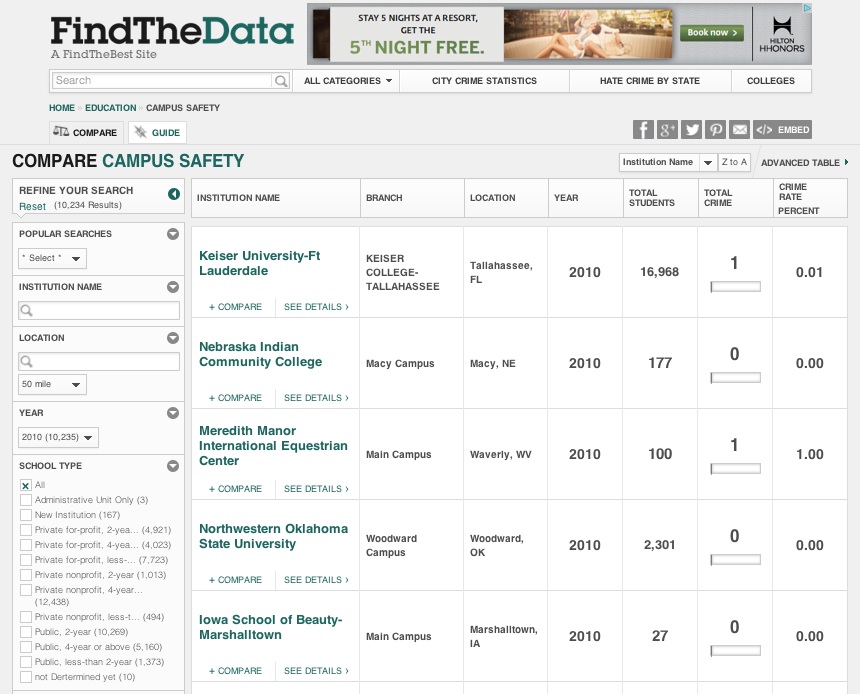It happened again yesterday. Our college students were face-to-face with someone who wanted to do them harm. Ohio State responded quickly and forcefully by stopping the perpetrator and avoiding student fatalities.
At 9:55 a.m., the school sent out a campus alert reporting an active shooter incident.
“Buckeye Alert: Active Shooter on campus. Run Hide Fight. Watts Hall. 19th and College,” Ohio State Emergency Management tweeted at 9:56 a.m.
“Run, hide, fight” is a safety protocol for active shooter situations promoted by the Department of Homeland Security and other law enforcement agencies. It offers a plan of action for those who find themselves in the midst of a mass shooting: Your first defense should be to evacuate if possible. If not, the next course of action is to find a safe place to hide and stay out of view in silence. As a last resort “and only when your life is in imminent danger,” says DHS, you should take steps to incapacitate the shooter and “act with physical aggression.”
In an article posted by CNN, Ohio State President Dr. Michael Drake and others credited the school’s active shooter training and the campus alert system for helping the community maintain order while the scene was secured.
What should you know about your student’s prospective college in regard to campus security?
Not only are colleges running practice scenarios with campus police, colleges all across the country are training students for this type of threat. Ohio State students used that training yesterday morning. Some piled desks and chairs up against doors in classrooms. Others barricaded themselves in bathrooms and dorms.
Your student may not be concerned about this type of scenario but every parent today knows this is a possibility. It’s up to you to ask those tough questions during campus visits (preferably away from your student’s ears).
The American Council on Education published a list of questions parents can ask when discussing this issue with campus security:
- Has the school done a full assessment of potential catastrophic risks, and does it have plans in place to address these risks?
- Does the school have an appropriate emergency team in place? Do team members regularly participate in emergency preparedness exercises?
- Does the school have multiple means to communicate with students, faculty, and visitors in the event of an immediate, ongoing emergency situation? Do plans exist to direct people to a safe location?
- What communication and coordination networks exist among campus security leadership, local law enforcement, political officials, first responders, and health officials, both on an ongoing basis and in case of emergency? Is there a specific integrated emergency response plan? Do all the agencies who might be involved in emergency run drills on campus to prepare?
- Is the training of campus security personnel appropriate to potential risks?
How should you discuss campus security with your student?
Discuss the importance of contacting you in the event of this type of action. Don’t, under any circumstances, call your student to check on him. A phone ringing can alert an attacker to his whereabouts if he is hiding.
The purpose is not to scare your student, but equip him with the information and the tools he needs to be calm during this type of scenario. In an article I wrote for Smart College Visit, I outlined three steps you should take as a parent to prepare your student:
1st-Arm your student with apps to help him get in touch with help if needed: MyForce (for iPhone, and Android) and OnWatch (for iPhone and Adroid).
2nd-Make use of cellphones. Suggest using social media or texting. Remind him to immediately turn his phone to silent/vibrate and keep it in hand to view updates from campus security while the threat is in place.
3rd-View this video from the Center of Personal Protection and Safety together with your student.
Before sending your child off to college, do your homework. Make sure that if something bad does happen, the incident and the students get the attention they deserve. If you know the plan and have assurance that the college has implemented specific procedures to facilitate it, you will worry less and sleep better at night.




